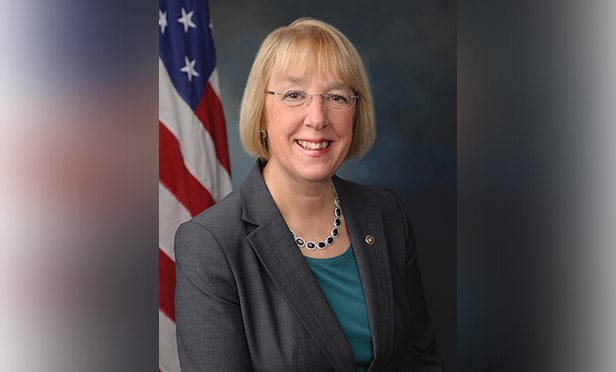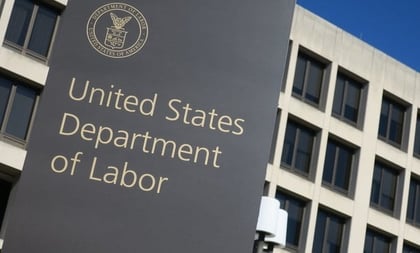 Sen. Patty Murray, D-Wash.
Sen. Patty Murray, D-Wash.
The Labor Department has denied a request by lawmakers to hold a hearing — as well as extend the comment period — on its new fiduciary prohibited transaction exemption aligning with the Securities and Exchange Commission’s Regulation Best Interest.
In a letter last month, Sen. Patty Murray, D-Wash., ranking member on the Health, Education, Labor and Pensions Committee, asked Jeanne Klinefelter Wilson, acting head of Labor’s Employee Benefits Security Administration, to hold public hearings as Labor did in 2015 when it was seeking feedback on the previous fiduciary rule vacated by the U.S. Court of Appeals for the 5th Circuit.
Murray and Rep. Bobby Scott, D-Va., chairman of the House Education and Labor Committee, also sent a letter to Labor Secretary Eugene Scalia requesting an extended comment period, which Labor also denied Wednesday. The comment period expired on Thursday.
On Wednesday, Joe Wheeler, deputy assistant secretary for Labor, told Murray that Labor “believes that a public hearing is unnecessary” for the proposed class exemption, as it’s “much narrower in scope” than the vacated fiduciary rule.
“I’m incredibly frustrated that the Trump administration is charging ahead so recklessly with a proposal that could lead to retirement savers losing billions of dollars a year due to conflicted advice,” Murray said in a Thursday email statement shared with ThinkAdvisor.
“There is no reason for the Department to rush this process when so many stakeholders have been clear they want more time to raise their concerns, and seemingly no grounds for Secretary [Eugene] Scalia to move forward on some of these proposals without a hearing as required by law,” she added.
Murray and Scott along with House Financial Services Chairwoman Maxine Waters, D-Calif., Senate Banking Committee Ranking Member Sherrod Brown, D-Ohio, and Senate Finance Committee Ranking Member Ron Wyden, D-Ore., told Labor in a Thursday comment letter that reinstating the 1975 five-part test under the Employee Retirement Income Security Act will allow “unscrupulous” advisors to provide conflicted advice.









 August 06, 2020 at 03:54 PM
August 06, 2020 at 03:54 PM











